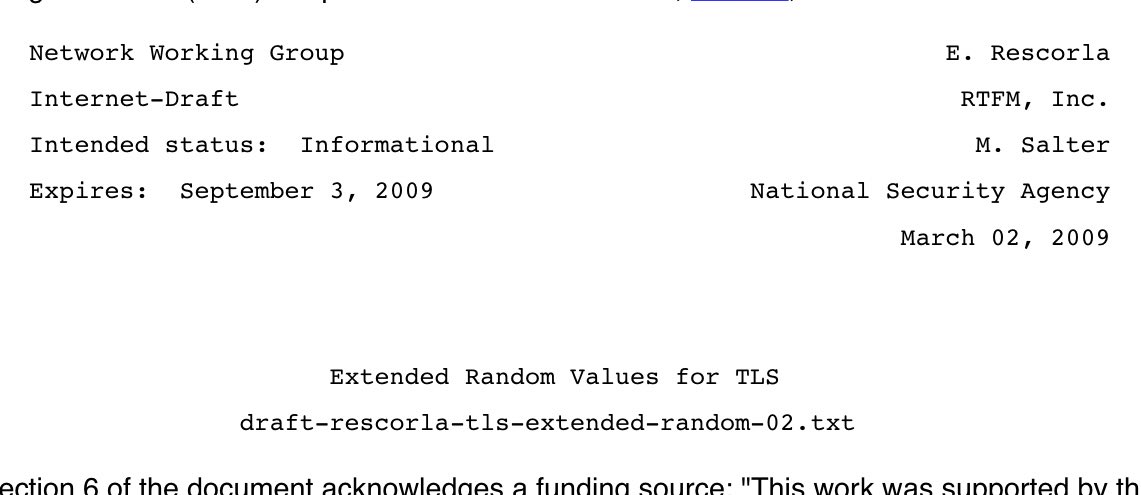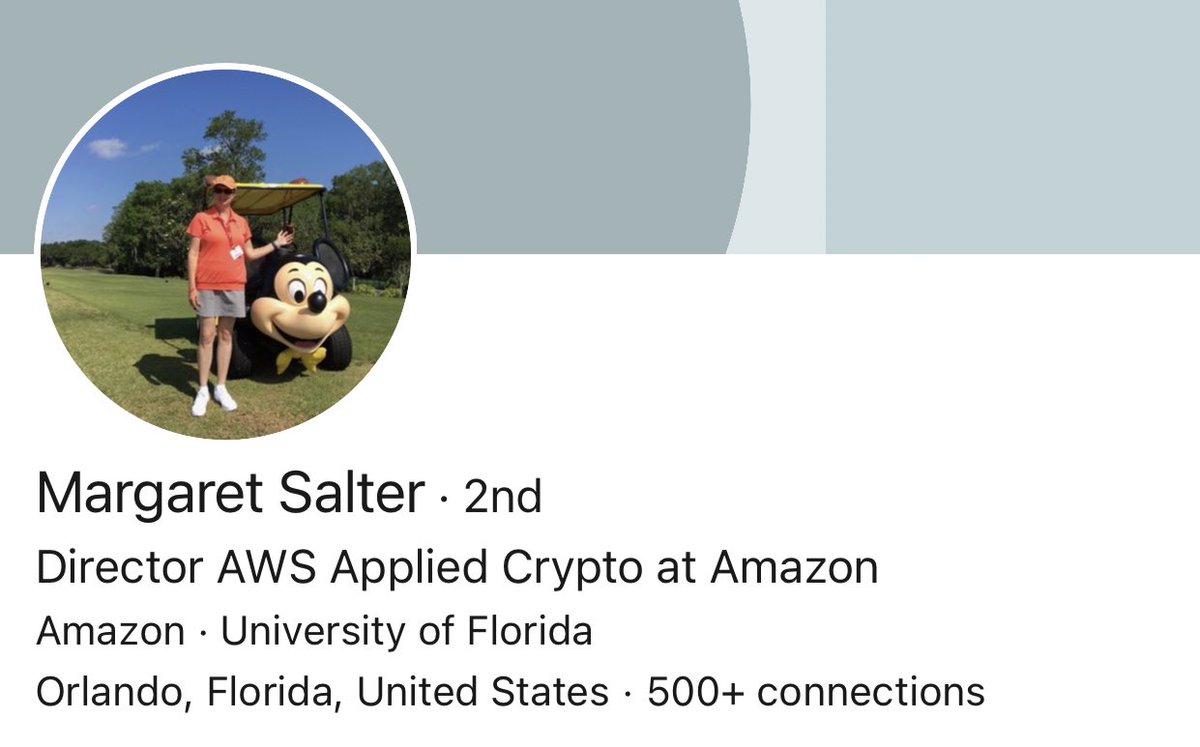
So it looks like NYC is deploying some half-cooked “blockchain” solution for vaccine passports. theintercept.com/2021/03/24/and…
Thank you to @samfbiddle for only using the G-rated quotes. 

At one point @samfbiddle told me that IBM claimed to have a technical document explaining how their system worked, and it (in all apparent seriousness) proposed this diagram as a “system architecture” or something. I nearly blew milk out of my nose. 

I’m pretty sure this is a scene from an old Legend of Zelda game.
Ok in all seriousness it’s probably worth explaining why blockchains aren’t a great idea for COVID vaccination passports (if we must have them) and also why IBM’s systems are very dubiously even “Blockchains”.
The problems that blockchains are great at solving are those where lots of people need to agree on some shared history, and the parties *really* don’t trust each other. Ownership of money is one.
Vaccination data is absolutely not an example of such a problem. All of the data comes from a “trusted” source. If a health department tells you someone got the shot, you have to trust them. They might be lying, but blockchains won’t solve that.
The only thing blockchains might do is make it slightly more difficult to hack into a database and change past records. But that protection is going to come with a cost, because blockchains are expensive. And anyway: who is going to do that with a vaccine database?
IBM, however, has unique and proprietary “private blockchain” technology that’s way faster than public chains like Ethereum, so maybe this balances the cost equation. Except that private blockchains don’t provide the same tamper-resistance, so it’s still kind of useless.
Now who knows. Maybe IBM is doing something deep here that isn’t available from normal databases. I’m open to hearing about it.
But instead we get Zelda.
But instead we get Zelda.

I would laugh about this being an isolated incident, but the EU is *also* exploring vaccine passports — and they’re using *five* blockchains. Multilateralism at its best.
• • •
Missing some Tweet in this thread? You can try to
force a refresh







